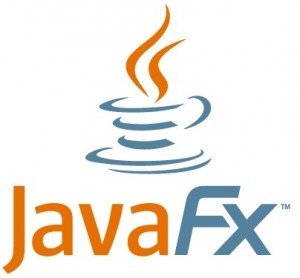
JavaFX 23 Released: What You Need to Know
We’re excited to announce the release of JavaFX 23, the latest major update to the popular framework for building rich desktop applications. This new version brings a host of improvements and enhancements, offering developers even more power and flexibility for creating cross-platform desktop experiences. You can now download the latest SDKs from Gluon’s website or access the Maven artifacts via Maven Central. Find out what the highlights in this release are on openjfx.io or have a look at the release notes for a comprehensive overview.
Understanding JavaFX Versioning
If you’ve been following the evolution of JavaFX, you might have noticed its consistent release schedule. Starting from JavaFX 9, Gluon has maintained a predictable release cadence that mirrors the one used in OpenJDK. Here’s a breakdown of how the versioning works:
- Major Versions: Twice a year, a new major version of JavaFX is released. The version number, like “23” in JavaFX 23, indicates this. The next major release, JavaFX 24, is expected in six months, and JavaFX 25 will follow next year.
- Security (CPU) Releases: Four times a year, JavaFX receives important security updates, also known as Critical Patch Updates (CPUs). These updates are crucial for addressing known security vulnerabilities. You can spot these releases by looking at the third number in the version. For instance, JavaFX 22.0.2 is a security update, as is JavaFX 17.0.13
As an example, JavaFX 23 will have two security updates:
- JavaFX 23.0.1, scheduled for release in October, will resolve all known security issues up to that point.
- JavaFX 23.0.2, coming in April, will contain the latest fixes.
After these two updates, there won’t be any more security releases for JavaFX 23. However, some JavaFX versions are designated as Long-Term Support (LTS) releases, such as JavaFX 17 and JavaFX 21. These LTS versions will continue to receive security updates beyond the usual two-release limit.
Why Do Security Releases Happen Simultaneously?
It’s critical that all supported JavaFX versions receive security patches at the same time. This synchronized release ensures that vulnerabilities are patched across all active versions simultaneously, preventing potential exposure. For example, when JavaFX 23.0.1 drops in October, JavaFX 21.0.5 and JavaFX 17.0.13 will also be released, containing the same security fixes.
What’s Next?
As we continue to push forward, we encourage developers to stay on top of the latest releases, especially security updates, to keep their applications safe and performant. For those who need extended support, Gluon offers commercial Long-Term Support (LTS) services, ensuring that your applications continue to receive critical updates and fixes for select major versions.
Stay tuned for JavaFX 23.0.1 in October, and if you’re using LTS versions, make sure you’re up-to-date with the upcoming JavaFX 21.0.5 and JavaFX 17.0.13 releases.
